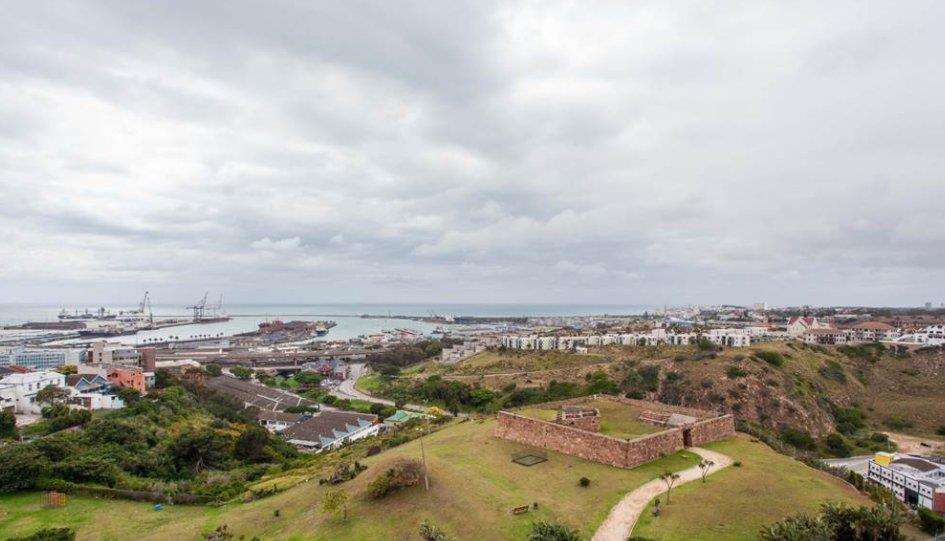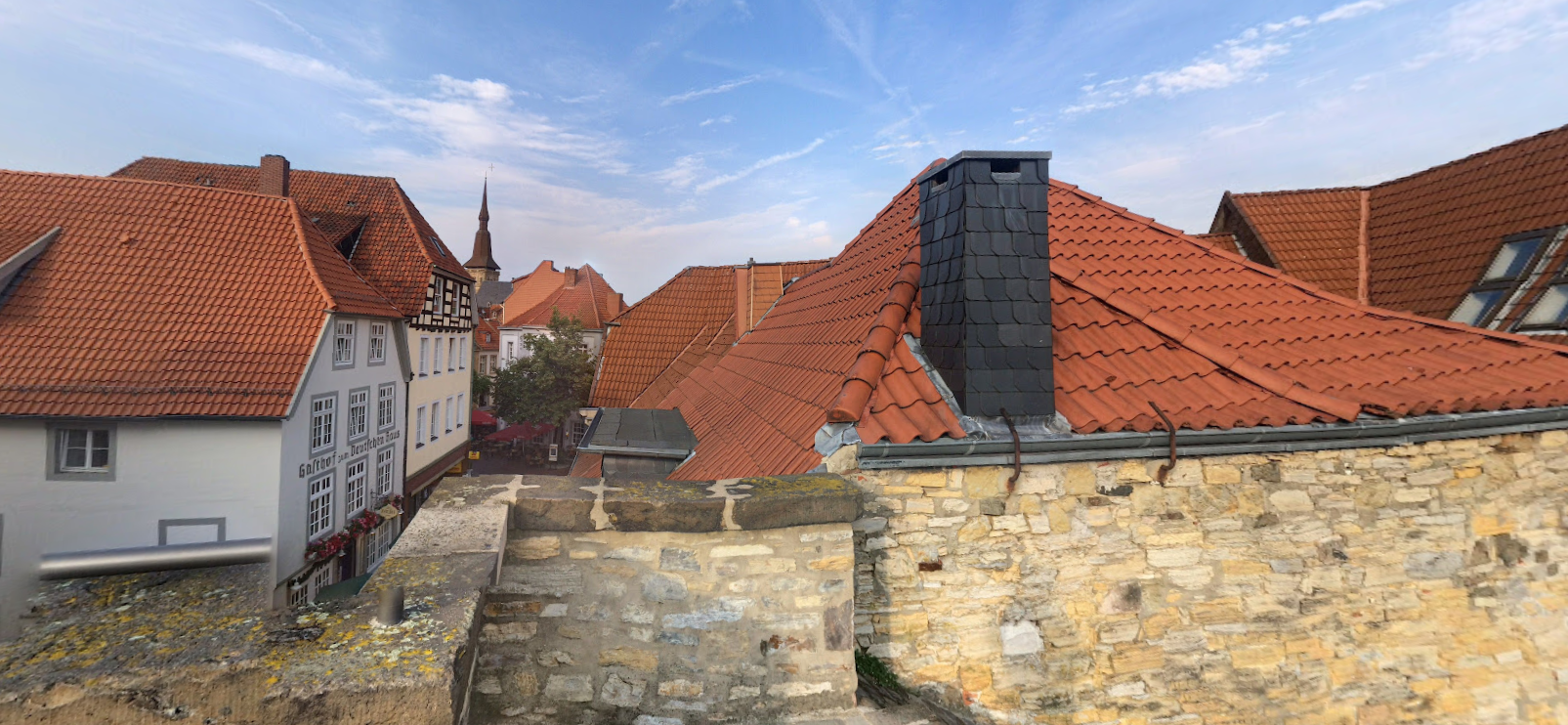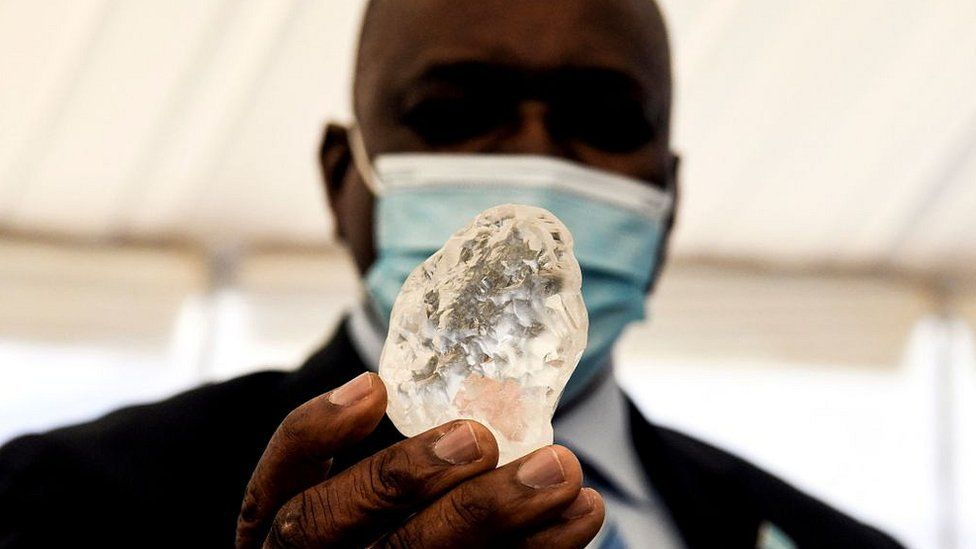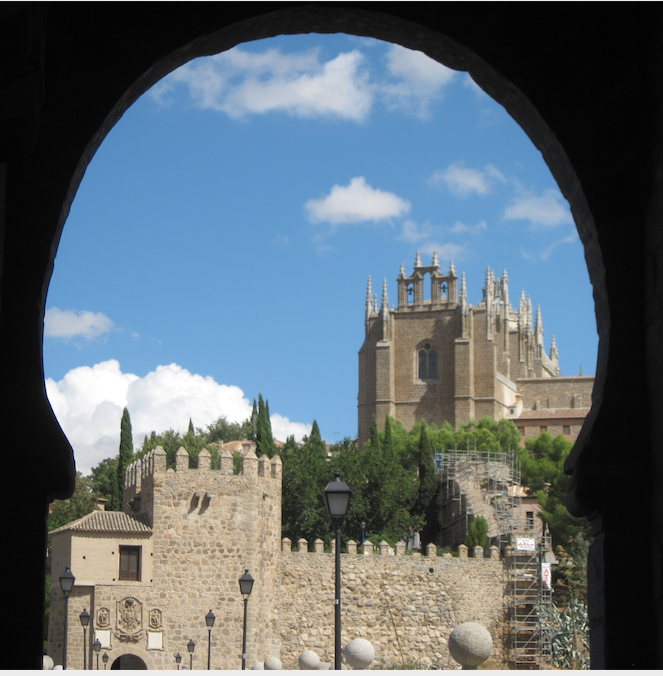I think @bruce_the_loon has it.
You are using an out of date browser. It may not display this or other websites correctly.
You should upgrade or use an alternative browser.
You should upgrade or use an alternative browser.
Name That Skyline - Picture Game
- Thread starter arnobg
- Start date

Help Support Homebrew Talk:
This site may earn a commission from merchant affiliate
links, including eBay, Amazon, and others.
dirkomatic
Well-Known Member
That's it... Although, Pennenez is a beach. The island is Ile Callot.
Took a while to get there on that one. Good job!
You're next, @bruce_the_loon.
Took a while to get there on that one. Good job!
You're next, @bruce_the_loon.
bruce_the_loon
Well-Known Member
Google Earth Desktop only has the Pennenez label, so assumptions had to be made. I do believe that the French coast has not been this closely surveyed since Frankie and Winston told Dwight and Monty to get to France before the Germans drink all the wine.
My celebratory snack.

And my challenge photo.

My celebratory snack.

And my challenge photo.

dirkomatic
Well-Known Member
That snack is well deserved. That's why I like this game, though. I spend more time exploring places via Google Maps than is probably healthy. 
So, what are the odds that this is a picture you found while surveying the French coastline?
bruce_the_loon
Well-Known Member
No odds. Inspired by the fortifications, but not France or UK. Although the fort does concern both countries and their "adventures"So, what are the odds that this is a picture you found while surveying the French coastline?

$49.95 ($0.08 / Fl Oz)
$52.99 ($0.08 / Fl Oz)
Brewer's Best - 1073 - Home Brew Beer Ingredient Kit (5 gallon), (Blueberry Honey Ale) Golden
Amazon.com

$20.94
$29.99
The Brew Your Own Big Book of Clone Recipes: Featuring 300 Homebrew Recipes from Your Favorite Breweries
Amazon.com

$10.99 ($31.16 / Ounce)
Hornindal Kveik Yeast for Homebrewing - Mead, Cider, Wine, Beer - 10g Packet - Saccharomyces Cerevisiae - Sold by Shadowhive.com
Shadowhive

$53.24
1pc Hose Barb/MFL 1.5" Tri Clamp to Ball Lock Post Liquid Gas Homebrew Kegging Fermentation Parts Brewer Hardware SUS304(Liquid MFL)
yunchengshiyanhuqucuichendianzishangwuyouxiangongsi

$58.16
HUIZHUGS Brewing Equipment Keg Ball Lock Faucet 30cm Reinforced Silicone Hose Secondary Fermentation Homebrew Kegging Brewing Equipment
xiangshuizhenzhanglingfengshop

$22.00 ($623.23 / Ounce)
AMZLMPKNTW Ball Lock Sample Faucet 30cm Reinforced Silicone Hose Secondary Fermentation Homebrew Kegging joyful
无为中南商贸有限公司

$176.97
1pc Commercial Keg Manifold 2" Tri Clamp,Ball Lock Tapping Head,Pressure Gauge/Adjustable PRV for Kegging,Fermentation Control
hanhanbaihuoxiaoshoudian

$7.79 ($7.79 / Count)
Craft A Brew - LalBrew Voss™ - Kveik Ale Yeast - For Craft Lagers - Ingredients for Home Brewing - Beer Making Supplies - (1 Pack)
Craft a Brew

$33.99 ($17.00 / Count)
$41.99 ($21.00 / Count)
2 Pack 1 Gallon Large Fermentation Jars with 3 Airlocks and 2 SCREW Lids(100% Airtight Heavy Duty Lid w Silicone) - Wide Mouth Glass Jars w Scale Mark - Pickle Jars for Sauerkraut, Sourdough Starter
Qianfenie Direct

$53.24
1pc Hose Barb/MFL 1.5" Tri Clamp to Ball Lock Post Liquid Gas Homebrew Kegging Fermentation Parts Brewer Hardware SUS304(Liquid Hose Barb)
Guangshui Weilu You Trading Co., Ltd
dirkomatic
Well-Known Member
Guernsey?
Edit: Never mind. Saw the post above.
Edit: Never mind. Saw the post above.
dirkomatic
Well-Known Member
Fort Frederick, Port Elizabeth, South Africa
bruce_the_loon
Well-Known Member
Dirkomatic has it in two. Built in 1799 in case Napoleon decided to cause trouble for the Cape Colony and the British by supporting some group of rebels inland of the important watering point on the southern coast of Africa. Guns never fired in anger apparently.Fort Frederick, Port Elizabeth, South Africa
Dare we let Dirk have another go? That last one took forever.
dirkomatic
Well-Known Member
Sorry, I actually didn't think the last one would take that long. Just trying to have a little fun with them.
Here's my next... I've been at this exact location, although this picture is captured from Google maps:

Here's my next... I've been at this exact location, although this picture is captured from Google maps:

dirkomatic
Well-Known Member
Correct country, but not the correct area of Germany, I'm afraid.
dirkomatic
Well-Known Member
Northern_Brewer
British - apparently some US company stole my name
OK, that shows my ignorance of European political divisions. Is a crown dependency not still considered part of the UK?
No - they live in a weird grey area, the UK is responsible for them internationally but they're not part of the UK, for instance they weren't in the EU even before Brexit. Which is why they make such good tax havens. It's essentially a feudal relationship that goes back to the 13th century and before, the link is via the Queen personally - not in her role as British monarch. Compare that with the British Overseas Territories which is what we call our remaining colonies because we don't want to call them colonies, where the link is effectively through Parliament. I guess the nearest US equivalent is the relationship between the US and Guam or the US Virgin Islands, but with more history and a bit of the legal weirdness of DC.
In contrast, France is more unabashed about calling its colonies part of France, with representation in Parliament and everything. It also means that places like Martinique are part of France and hence the EU, which makes it a popular place for scientific conferences as you can get travel grants from Brussels for travel to conferences within the EU - and obviously it's more convenient for North Americans to get to.
There was one lab I worked in where two colleagues took advantage of this to go to a conference in Martinique. The more ...ernest... one came straight home. But you had to fly via Paris and all of France was on strike for one reason or another, so they endured a journey from hell, luggage going missing, the works. Whereas the more chilled colleague took their tent and bummed around a Caribbean beach for a week, then came home after the strikes had finished, the journey went smoothly. There's a lesson there!
I'm going to be in trouble for not getting somewhere in Brittany though. It makes sense that it's in the Celtic part of France, the building in the foreground could easily be a chapel in Scotland, but the tower behind just looked all wrong to be in the UK.
Northern_Brewer
British - apparently some US company stole my name
Ooh, if I'm not mistaken, that's the church that Ferdinand and Isabella built as their mausoleum in Toledo, before conquering the rest of Spain so they ended up in Granada. [Googles - San Juan de los Reyes] I've been to a wedding there - which was interesting, not just for the experience of a Spanish wedding, but also the tourists that kept coming in during the service.
D.B.Moody
Well-Known Member
Toledo it is. You're up @Northern_Brewer.
Northern_Brewer
British - apparently some US company stole my name
I'm in the mood for something a bit different, not so much what's sticking up into the skyline, but a big hole in the ground :


Thanks for the lesson in geo-politics, @Northern_Brewer! I mean that honestly, not sarcastically. That's fascinating!
As for the picture, I googled "biggest holes in the ground," and I'm going to guess Chuquicamata in Chile.
As for the picture, I googled "biggest holes in the ground," and I'm going to guess Chuquicamata in Chile.
Looks like an open pit mine I've flown over somewhere in Nevada .
Northern_Brewer
British - apparently some US company stole my name
I think most open pits look similar. But not Chile, not the US.
Not in Chile, not the US. Let's try the Fimiston Gold Mine in Australia.
Northern_Brewer
British - apparently some US company stole my name
Not Oz
dirkomatic
Well-Known Member
Jwaneng Mine Botswana
Northern_Brewer
British - apparently some US company stole my name
Yup, it's Jwaneng - where they recently found one of the world's largest-ever diamonds at 1098 carats. @dirkomatic you're up.


dirkomatic
Well-Known Member
With help from this list: List of open-pit mines - Wikipedia
There are some really interesting looking ones in Canada. Diavik had a striking appearance.
I guess we'll stick to a similar photo of mine:

There are some really interesting looking ones in Canada. Diavik had a striking appearance.
I guess we'll stick to a similar photo of mine:

dirkomatic
Well-Known Member
Google Earth or the Satellite View on Google Maps is more likely to help you with this one than Street View.
dirkomatic
Well-Known Member
This is in North America. There's no real town in this location... I'll take a nearby town or the general area, but if you find that, you might be able to find the name of this site.
Are we looking somewhere in Appalachia?
Similar threads
- Replies
- 45
- Views
- 5K
- Replies
- 163
- Views
- 14K
- Replies
- 252
- Views
- 23K
- Replies
- 337
- Views
- 29K
- Replies
- 157
- Views
- 18K













![Craft A Brew - Safale S-04 Dry Yeast - Fermentis - English Ale Dry Yeast - For English and American Ales and Hard Apple Ciders - Ingredients for Home Brewing - Beer Making Supplies - [1 Pack]](https://m.media-amazon.com/images/I/41fVGNh6JfL._SL500_.jpg)

































